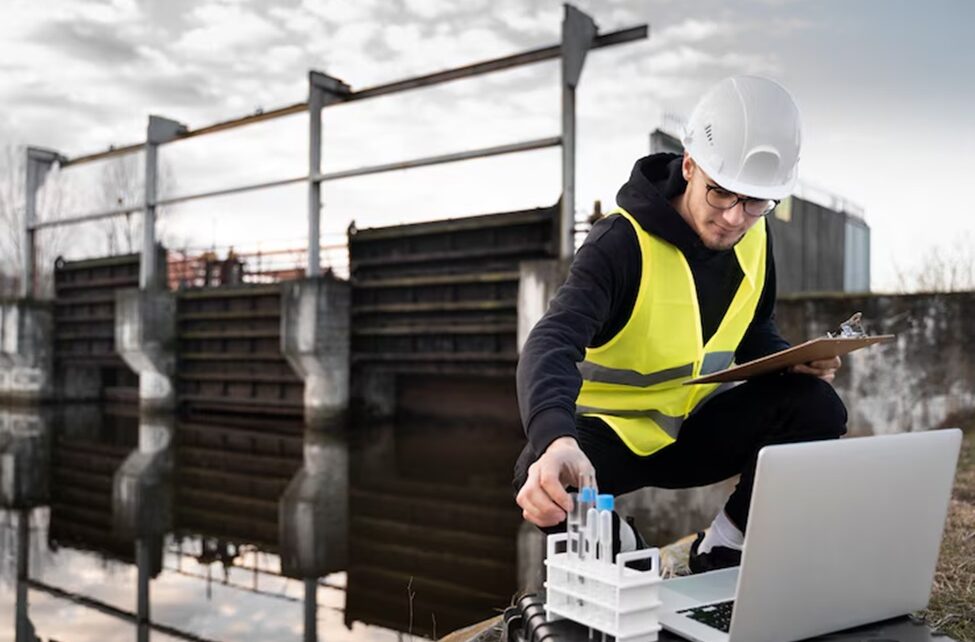What a fountain of water many homeowners really love and cherish is a private well that really fulfills the need. Still, in contrast to the municipal water supply that you drink, using a private well is more complicated and calls for some measure of understanding and input.
Whether you have been a well owner for a while or are thinking about becoming one, it is critical to comprehend some parts and upkeep customs. Below are the fundamental areas that any person required to install a private well system should consider to ensure the optimum flow of the system.
1. Well Pump Installation:
The well pump installation process is the foundation of your private water system. By carefully considering your needs and opting for professional well pump installation, you can establish a reliable foundation for your private water system. Here’s what you need to know:
- Choosing the Right Pump: Depending on costs, space, well depth, and the amount of water needed, there are a number of well pumps available. Submersible pumps are suitable to be installed in deep well water systems as opposed to jet pumps, which are most suitable for shallow well water systems. To know which pump type to use, it is advised to consult a qualified well drilling company that will assist you in making a choice.
- Professional Installation: Summarizing, it is important to mention that implantation of the well pump is possible only with the use of special equipment and professional knowledge. A licensed and insured well driller must determine the size, position, and connection of the pump to ensure it meets the requirements of the pump.
2. Water Treatment System:
While well water is a natural resource, it might require treatment depending on your location and water quality. By investing in a water treatment system if necessary, you can ensure your well water is safe and refreshing for your entire household. Here’s why a water treatment system might be necessary:
- Water Testing: It is recommended that one get the water from a well tested, accredited laboratory before venturing into the treatment system. This will help to determine what chemical is present in your water, normally bacteria, iron, or hardness.
- Treatment Options: However, by analyzing the water test results, various treatment systems may be recommended. For example, there is a chlorine injection system that eliminates bacteria in water, and there is a water softener that eradicates hardness.
3. Regular Maintenance for Optimal Performance:
It is essential that you take proper care of your private well system to have it run for as long as possible and in the best manner possible.
- Annual Pump Inspection: Make an appointment with a competent well service company and ensure that it is done at least once a year. This inspection can help detect pump problems before they worsen and ensure the equipment has a long useful life with minimal breakdowns.
- Maintaining the Pressure Tank: The pressure tank is another vital component since it ensures there is equal pressure in the water being supplied in the home. Monitor the tank pressure and take the car for service if required to maintain the pressure level of the tank.
4. Signs You Might Need a Well Repair:
However, there are instances where the wells would need repairs regardless of the maintenance processes that are done on the wells. Here are some signs to watch out for:
- Reduced Water Flow: A low volume of flow or pressure could be an issue of well pump, well or a pressure tank.
- Fluctuating Water Pressure: It could be due to a faulty pressure switch, a case of leaking main supply pipes, or a damaged pressure tank.




